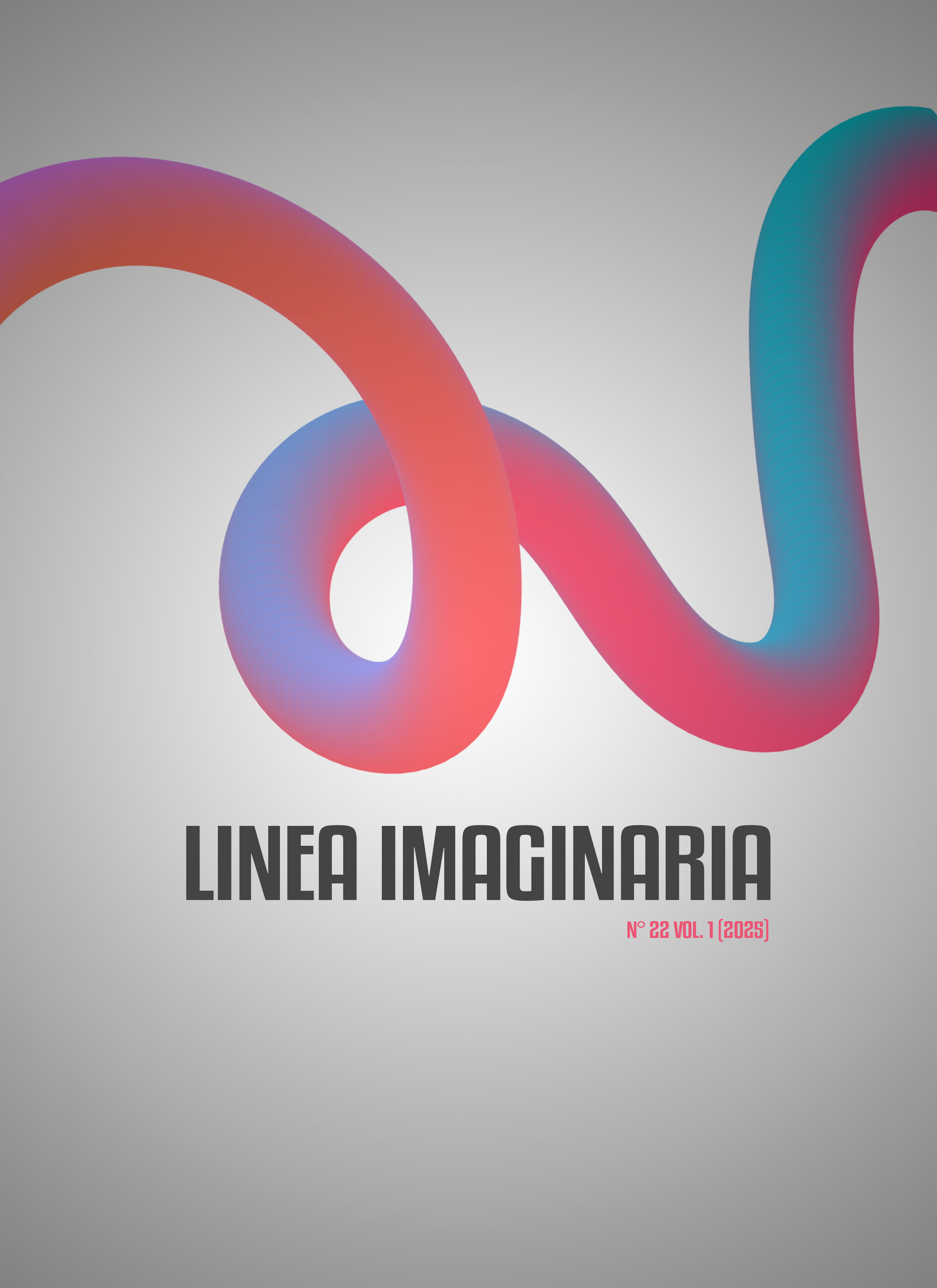DEVELOPING CRITICAL THINKING SKILLS AND DIGITAL SKILLS LITERACY THROUGH SOCIAL MEDIA: AN INNOVATIVE APPROACH TO EDUCATION
DOI:
https://doi.org/10.56219/lneaimaginaria.v1i22.4150Keywords:
Critical Thinking, Digital Literacy, Social Networks, middle school educationAbstract
This scientific essay investigated the potential of social networks (RR. SS.) as pedagogical tools for the development of critical thinking (CP) and digital literacy (DL) in the Colombian educational system, considering its normative framework. Methodologically, a documentary and argumentative analysis was used, examining learning theories such as connectivism, 21st century competencies, and the concept of digital citizenship. Key Colombian public policies and educational laws, such as Law 115/94 and the Ten-Year Education Plan 2016-2026, were reviewed and contrasted with the current context of technological access and pedagogical practices in the country. The results show that, although there are significant challenges in infrastructure and teacher training, the RR. SS. offer considerable potential to promote CP and DL. It was found that the mere availability of technology or the social use of social media by students does not guarantee the development of these competencies; strategic teacher mediation and a clear pedagogical intentionality are indispensable. The main conclusions underline that the effective integration of social media requires a paradigm shift towards educational practices that promote critical interaction with information and the creation of meaningful content. The strategy “Conectarte for Critical Digital Citizenship” is proposed, a comprehensive model that articulates teacher training, curricular adaptations, resource development and the promotion of an ethical and responsible digital culture, as a way to realize this educational potential in Colombia.
Downloads
References
Buckingham, D. (2007). Alfabetización mediática digital: Replanteando la educación mediática en la era de internet. Investigación en Educación Comparada e Internacional , 2 (1), 43-55. https://doi.org/10.2304/rcie.2007.2.1.43 (Trabajo original publicado en 2007) DOI: https://doi.org/10.2304/rcie.2007.2.1.43
Congreso de la República de Colombia. (1994, 8 de febrero). Ley 115. Por la cual se expide la Ley General de Educación. Diario Oficial: 41214. https://www.mineducacion.gov.co/1621/articles-85906_archivo_pdf.pdf
Cosi Cruz, E., Peña Miranda, C. A., & Yaya Herrera, S. Y. (2023). Alfabetización digital y pensamiento crítico en estudiantes de estudios generales de una universidad privada de Lima. REVISTA DE INVESTIGACIÓN, 47(109), 98–110. https://doi.org/10.56219/revistadeinvestigacin.v47i109.1956 DOI: https://doi.org/10.56219/revistadeinvestigacin.v47i109.1956
Downes, Stephen (2008) "Places to Go: Connectivism & Connective Knowledge," Innovate: Journal of Online Education: Vol. 5: Iss. 1, Article 6. https://nsuworks.nova.edu/innovate/vol5/iss1/6
Ennis, RH (1985). Una base lógica para la medición de las habilidades de pensamiento crítico. Liderazgo educativo, 43 (2), 44-48. https://doi.org/10.3102/0013189X018003004 DOI: https://doi.org/10.3102/0013189X018003004
Facione, P. A. (2011). Critical thinking: What it is and why it counts. Insight assessment, 1(1), 1-23 https://d1wqtxts1xzle7.cloudfront.net/71022740/what_why98-libre.pdf
González. C., Montoya. W., Sánchez. T., Gómez. D., Ramírez. W. y Yaruro. A. (2012). Manual de Gestión de la Comunicación en redes Sociales Gobierno de Colombia. Recuperado el 30 enero de 2025, de http://www.mineducacion.gov.co/1759/articles-322548_Manual_de_Gestion_de_la_Comunicacion_en_redes_Sociales_Gobierno_de_Colombia
Juan-Lázaro, O y Area-Moreira, M (2022). Inmersión tecnológica para practicar y aprender la competencia pedagógica digital: un desafío en educación. REIDOCREA, 11(52), 603-612. https://dialnet.unirioja.es/servlet/articulo?codigo=8688270 DOI: https://doi.org/10.30827/Digibug.77643
Ministerio de Educación Nacional. [MEN]. (2017). Plan Nacional de Educación 2016-2026. El camino hacia la calidad y equidad. https://www.mineducacion.gov.co/1780/articles-392871_recurso_1.pdf
Ministerio de Tecnologías de la Información de la Comunicación (2018, mayo). Plan Nacional de Tecnologías de la Información y las Comunicaciones. https://www.mintic.gov.co/portal/715/articles-125156_recurso_00.pdf
Organización de las Naciones Unidas para la Educación, la Ciencia y la Cultura. [UNESCO]. (2024). Herramientas innovadoras de la UNESCO para la alfabetización mediática e informacional. UNESCO. https://www.unesco.org/es/articles/herramientas-innovadoras-de-la-unesco-para-la-alfabetizacion-mediatica-e-informacional
Siemens, G. (2005). Conectivismo: Una teoría del aprendizaje para la era digital, Revista Internacional de Tecnología Educativa y Aprendizaje a Distancia, 2. http://www.itdl.org/Journal/Jan_05/article01.htm
Wineburg, S. y McGrew, S. (6 de octubre de 2017). Lectura lateral: Leer menos y aprender más al evaluar la información digital Teachers College Record, V 121, p 40 SSRN: https://ssrn.com/abstract=3048994 o http://dx.doi.org/10.2139/ssrn.3048994 DOI: https://doi.org/10.2139/ssrn.3048994
Downloads
Published
How to Cite
Issue
Section
License

This work is licensed under a Creative Commons Attribution-NonCommercial-ShareAlike 4.0 International License.
La revista Línea Imaginaria conserva los derechos patrimoniales (copyright) de las obras publicadas, que favorece y permite la reutilización de los mismos bajo la licencia Creative Commons Atribución-NoComercial-CompartirIgual 4.0 , por lo cual se pueden copiar, usar, difundir, transmitir y exponer públicamente, siempre que se cite la autoría y fuente original de su publicación (revista, editorial, URL y DOI de la obra), no se usen para fines comerciales u onerosos y se mencione la existencia y especificaciones de esta licencia de uso. Si remezcla, transforma o crea a partir del material, debe distribuir su contribución bajo la misma licencia del original.













